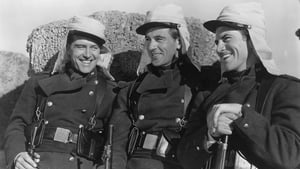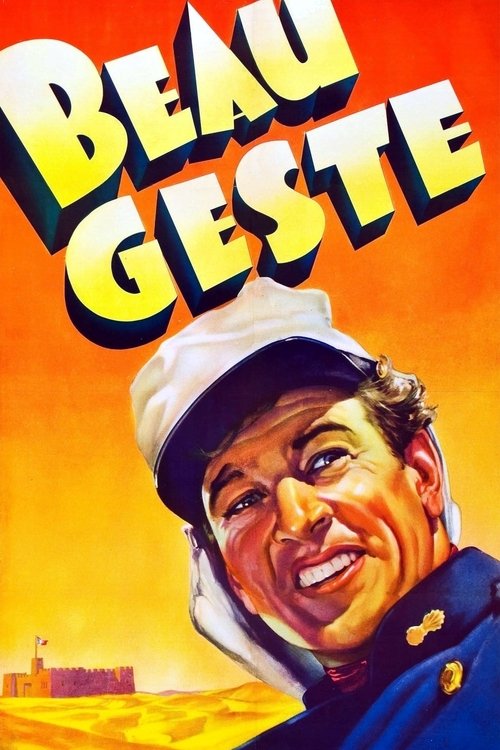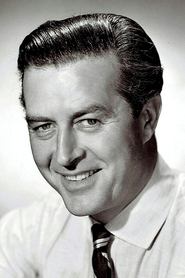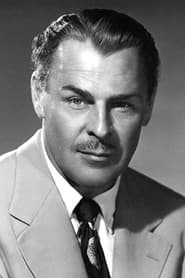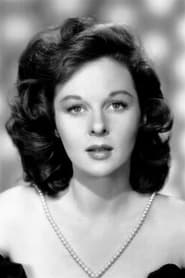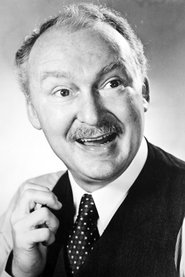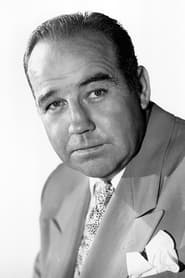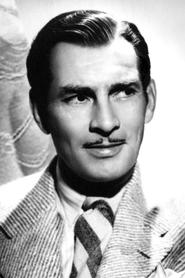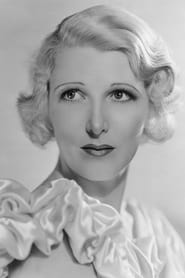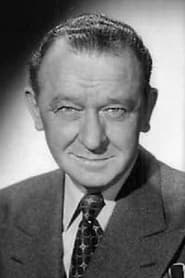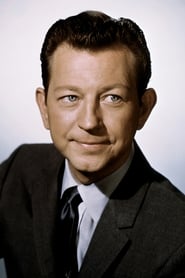Cast
View AllGary Cooper
as Beau Geste
Ray Milland
as John Geste
Robert Preston
as Digby Geste
Brian Donlevy
as Sergeant Markoff
Susan Hayward
as Isobel Rivers
J. Carrol Naish
as Rasinoff
Albert Dekker
as Schwartz
Broderick Crawford
as Hank Miller
Charles Barton
as Buddy McMonigal
James Stephenson
as Major Henri de Beaujolais
Heather Thatcher
as Lady Patricia Brandon
James Burke
as Lieutenant Dufour
G.P. Huntley
as Augustus Brandon
Harold Huber
as Voisin
Donald O'Connor
as Beau Geste (as a Child)
Crew
Director
- William A. Wellman
Producer
- William A. Wellman
Reviews
John Chard
Wonderful, just blooming wonderful.
Gary Cooper, Ray Milland and Robert Preston play three orphaned brothers who are raised at Brandon Abbas by their aunt Lady Patricia Brandon. When money troubles hit the household, attention focuses on the Blue Water Sapphire, the last remaining wealth in the Brandon estate. The sapphire disappears and is thought to have been stolen, fleeing the scandal, the brothers follow each other into the Foreign Legion, where at Fort Zinderneuf they encounter sadistic Sgt. Markoff and face a test of their respective courage, honour and loyalty.
Beau Geste is a truly classic picture, directed by the highly talented William A Wellman, it combines all the elements needed to entertain across the board. Heroes and villains, battles ahoy, potential mutiny and a mystery at its heart, all combine here to flesh out a ripper of an adventure picture. The actors all perform excellently, with a special mention for Brian Donlevy as the nasty Markoff, it's a truly frightening and bully like characterisation, while a nod of approval goes to Susan Hayward appearing in one of her first pictures. The art direction from Hans Dreier & Robert Odell was rightly nominated for an Academy Award and Alfred Newman's score flows seamlessly within the films fluctuating story.
So many wonderful scenes to enjoy, watching the boys (and girl) as children playing Admirals is just wonderful, and sets us up a treat for the films emotive last reel - it's a masterstroke of story telling to observe the innocence of youth surrounded by staunch loyalty. Then there are all the sequences at Fort Zinderneuf, where the boys are now men of stature, but still they have that mystery baggage in their past to carry around with them, this makes for an involving viewing experience as the tests are thrown at them. As this is 1939 the film fails to give us any insight as to why the enemy is the enemy, the Tuaregs are merely the aggressors of the piece, but to over analyse and be critical there would be churlish. For Beau Geste is something of an action adventure leading light, it is in fact, a Beautiful Gesture indeed. 9/10
Jan 5, 2019
Thematic Analysis
As a dramatic work, Beau Geste examines complex human relationships and emotional struggles against the backdrop of a period setting that reflects societal issues of its time. The character development particularly stands out, offering viewers a chance to reflect on their own life journeys.
Director William A. Wellman brings their distinctive visual style to this film, continuing their exploration of themes seen in their previous works while adding new elements. Their approach to character development and emotional depth creates a viewing experience that rewards close attention.
Released in 1939, the film exists within a cultural context that now offers viewers historical perspective on the social issues of that era. Its reception demonstrates the diverse reactions to its artistic choices and its place in cinema history.
Did You Know?
- The production of Beau Geste took approximately 10 months from pre-production to final cut.
- The final cut of the film runs for 112 minutes, though the director's initial assembly was reportedly 165 minutes long.
- The film contains approximately 1602 individual shots.
- The screenplay went through 15 major revisions before the final shooting script was approved.
- The costume department created over 432 unique costume pieces for the production.
Historical Context
- In 1939, when this film was released:
- Television was becoming a dominant form of home entertainment.
- The Cold War was intensifying, influencing global politics and culture.
- The film industry was dominated by major studios, with independent cinema still in its early development.
How This Film Stands Out
While Beau Geste shares thematic elements with other films in its genre, it distinguishes itself through its unique approach to storytelling, visual style, and character development.
Unlike Brothers in Space, which takes a more conventional approach to its subject matter, Beau Geste subverts genre expectations by exploring its themes with greater nuance.
While films like People in the Summer Night and Smilla's Sense of Snow explore similar territory, Beau Geste stands apart through its distinctive directorial vision and pacing.
This film's unique contribution to cinema lies in its thoughtful balance of entertainment value and thematic depth, making it a valuable addition to its genre.
Details
- Release Date: July 24, 1939
- Runtime: 1h 52m
